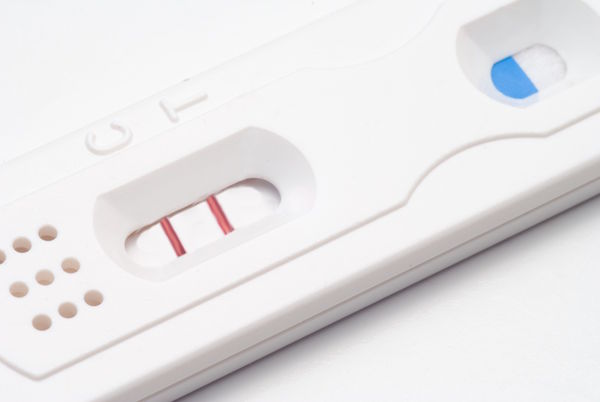
THURSDAY, June 28 (HealthDay News) — Women who give birth to small babies may have abnormal heart function and be at risk for long-term heart problems, researchers report.
The study involved 29 women with a condition known as fetal growth restriction (when fetuses are smaller than 90 percent of other fetuses for their gestational age), 25 women with preeclampsia (high blood pressure during pregnancy) and 58 women with normal pregnancies.
“Women whose pregnancies are affected by fetal growth restriction are known to have high risk of cardiovascular disease and death in the decades to come,” study author Dr. Basky Thilaganathan, director of the Fetal Maternal Medicine Unit at St. George’s University of London, said in a news release. “Clinicians should be aware of the maternal susceptibility to heart strain and failure in these pregnancies. Lifestyle changes and medical interventions earlier in life could help these women reduce their risk of future cardiovascular disease and death.”
The women had their blood pressure taken and underwent echocardiograms (ultrasounds of the inside of the heart) and electrocardiograms (a measure of the electrical activity of the heartbeat) as well as other tests of heart function.
Researchers said some women with small babies may have a heart condition which causes the heart to work less efficiently in it’s diastolic, or relaxation phase. This condition increases their risk for heart failure, they noted.
The authors also found women who give birth to smaller than average babies had a higher body mass index on average than other women. They argued this could be one reason for their abnormal heart function.
“Our findings help clarify how this risk develops so these women can be identified and receive preventative treatment,” concluded Thilaganathan.
The study was published June 26 in Hypertension.
More information
The U.S. National Institutes of Health provides more information on fetal growth restriction.

